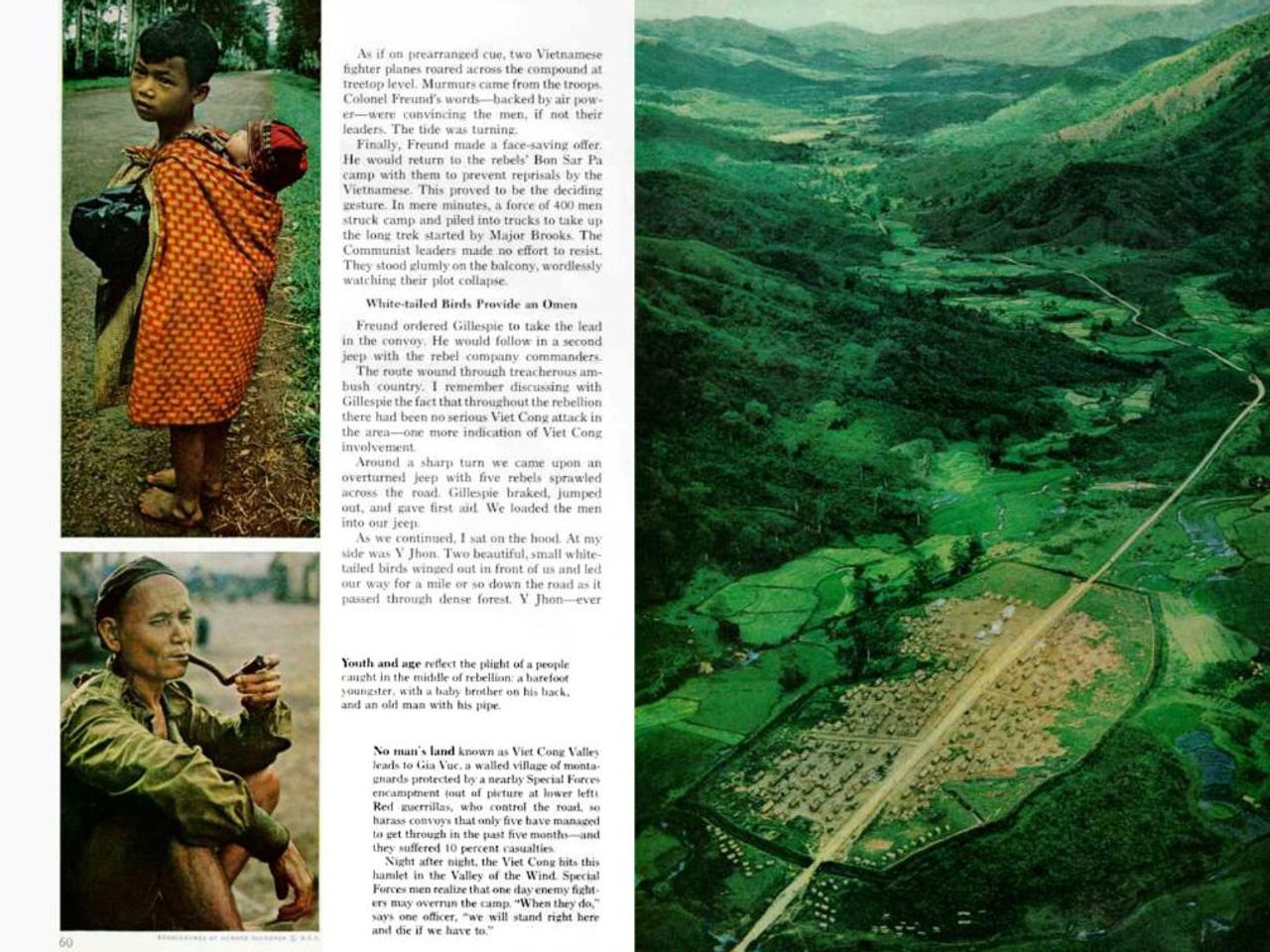Intense Military Conflict in the Middle East: Over 100 Deaths Traced to Recent Israeli Airstrikes in Gaza
Gearing Up for Gaza: New Aid Efforts, Controversies, and Criticisms
Bleak days escalate as Palestinian rescue services report a heart-wrenching 103 deaths on Thursday, May 15, following Israeli airstrikes in the Gaza Strip. The air force launched attacks on both the north and south of the besieged territory. A new non-governmental organization (NGO) supported by the United States is planning to distribute humanitarian aid in the devastated enclave by the end of the month. As for Israel, they've vowed to take "all measures necessary" to apprehend those responsible for the fatal shooting near the Israeli colony of Bruchin in the occupied West Bank, which claimed the life of a pregnant woman.
Let's dive into the details:
New Kid on the Block: The Gaza Humanitarian Foundation
The United States-backed Gaza Humanitarian Foundation (GHF), an emerging NGO, aims to initiate aid distribution by the end of May despite no humanitarian aid entering the Gaza Strip since March 2. The organization promises to supply nearly 300 million meals over a 90-day period, marking a shift from current UN-led operations.
Controversies and Criticisms: Aid Distribution and Delivery
- Structure and Operation: GHF aims to distribute aid through four central hubs, providing Palestinians with food rations, water, hygiene kits, blankets, and other essential supplies.
- Security and Management: Unconventional for aid operations, GHF will be safeguarded by private security contractors.
- Leadership and Staffing: David Beasley, ex-director of the UN World Food Program, and Jake Wood, former CEO of Team Rubicon, are reportedly poised to lead the foundation.
- Collaborations and Funding Challenges: The GHF faces criticism regarding exclusion of vulnerable populations due to partnership refusal from UN-backed organizations and financing rejection from the UAE due to insufficient response to the humanitarian crisis.
The Humanitarian Context and Watchdog Alarm
Israel has imposed a blockade on Gaza, causing an over 10-week shortage of food, fuel, medicine, and other supplies for the 2.3 million inhabitants of the enclave. Major aid groups warn that the humanitarian aid system is nearing collapse under siege and war conditions. They warn that recent proposals, such as new authorization mechanisms for aid delivery, could be dangerously restrictive, politically motivated, and potentially set harmful precedents that curtail independent humanitarian action.
Criticisms of GHF Model and Israel's Role
Aid workers have expressed concern about GHF's proposed model, which may fail to meet the needs of Gaza's large population and may forcibly displace many residents due to its limited distribution points and heavy security presence. Israel has reportedly agreed to allow transitional aid to flow under existing mechanisms until GHF's system is fully operational, subject to ongoing negotiations.
In Conclusion
While the Gaza Humanitarian Foundation represents a new approach to delivering aid in Gaza with an emphasis on centralized distribution points and private security, it faces significant skepticism and logistical challenges. The plan aims to alleviate the dire humanitarian crisis but risks exclusion of vulnerable groups and rejection by established aid organizations. The true impact will depend on the operational effectiveness, funding, and political acceptance from Gaza authorities, Israel, and the international community.
1. The new US-backed organization, the Gaza Humanitarian Foundation (GHF), aims to distribute aid in Gaza, sparking debates in the realm of politics and general news as it faces criticisms about its structure, leadership, and potential exclusion of vulnerable populations.
2. Amidst the escalating unrest in Gaza, the proposed aid distribution model by the GHF, including its use of private security and limited distribution points, has raised concerns among aid workers, potentially leading to displacement and further controversy in war-and-conflicts and crime-and-justice sectors.








